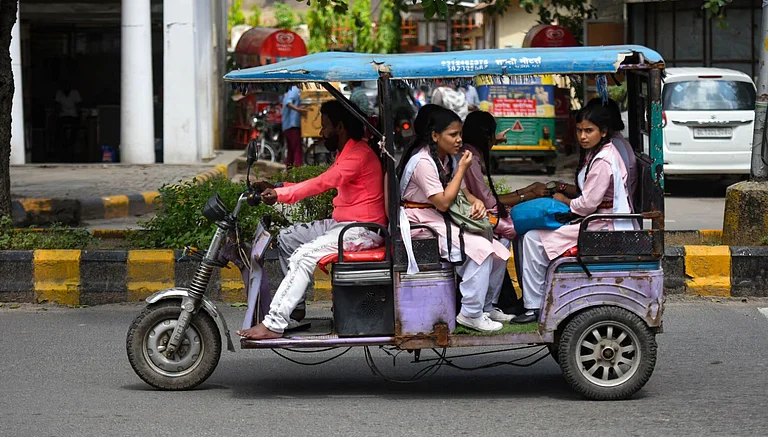The protagonist of Endless Rain is Kashmir, its story told through a lower middle-class Muslim weaver family in Srinagar. It begins with the birth of Ali, the much wanted son after three daughters. The petty rivalries between the children, the spoilt, delicate son, the pretty, wayward daughter, the religious-minded, story-telling grandfather, the housewife whose main concern is the family and kitchen, the hard-worked husband, these characters could be part of any domestic scenario in India.
It is because it is set in Kashmir that this family’s story becomes especially poignant. Over two decades, Nayak shows the changes that result from the growing polarisation of political interests in Kashmir. While weaving together the family fortunes with the death of Sheikh Abdullah, the Congress electoral defeat, the branding of the coalition as terrorist and anti-Indian, the isi training camps for militants, the notions of Islamic purity, the absence of any opportunities for the young, the disillusion that produces further violence, the betrayal that comes from expected and unexpected places, Nayak also traces the destruction of Kashmiriyat in a manner mildly reminiscent of Rushdie’s Shalimar the Clown.
The book moves from the omniscient narrator in the first two-thirds with its leisurely pace, to the quicker, more intense first-person narration of Ali in the last section. The contrast between the two stories is the contrast between Kashmir as it was, with the social interdependence of Hindus, Sikhs and Muslims, and Kashmir as it becomes, caught in a maelstrom of political machination that spares no one, no matter what their religion or status. As Raja tells Ali, "We don’t want your liberation or your war with India or your brotherhood with Pakistan. We just want to live." (The unceasing violence is the endless rain the sun- and snow-loving Kashmiris are subjected to.)
At times Nayak tends to overemphasise the syncretism of an idyllic Kashmiri past. Her eye for detail is awesome, so much so that occasionally the book reads like a catalogue of Kashmiri Muslim rituals from prayer to wazwan. Nevertheless her compassion shines through the novel. The telling is straightforward, the mode realist and the pace, especially in the last section, swift. It is here that all the strands of the story come together with its heart-breaking indictment of what has happened in Kashmir.


























